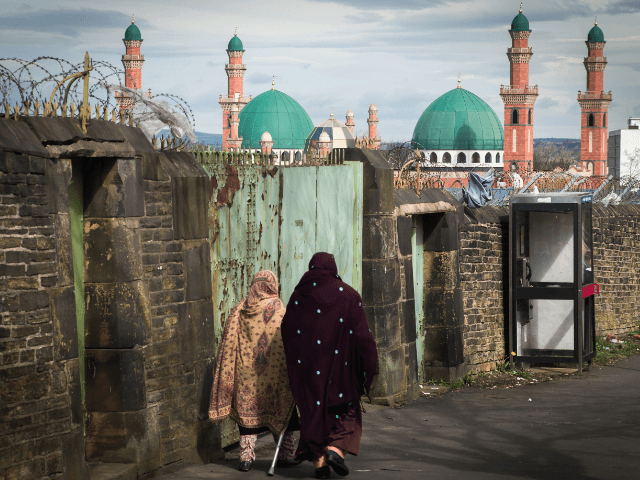Britain is poised at two historic turning points — and they go together. Very much depends on the outcome.
Rapid population growth, driven by the highest immigration in our history, is destabilising and transforming its population, its environment and its ethnic make-up into something quite new.
At the same time, the UK faces a choice about leaving the EU or remaining in it.
Some welcome the growth of the population and the increased diversity that it brings. For those who do not, leaving the EU offers a possibility of moderating at least some of that growth, keeping the UK in something like its present size and shape.
However, that is only a possibility.
By itself, Brexit might change nothing; for it would depend on the choices made by any post-Brexit government, in particular on also leaving the European Economic Area (which includes all EU member states plus Iceland, Liechtenstein and Norway) and ending the commitment to the free movement of labour.
Until 1997, immigration had been off the policy agenda for 20 years, thanks to an uneasy political consensus to limit inflows. Although trending slightly upwards, immigration was not then very controversial.
However, the Blair government began to take down the barriers to migration.
According to Blair aide Andrew Neather, one of the aims of the New Labour policy of opening up the UK to mass immigration was to ‘rub the Right’s nose in diversity’, promoting permanent ethnic change to the permanent electoral advantage of Labour.
The steps then taken provoked a rapid upsurge in net migration (inflow minus outflow), which continues to reach record levels: 3.3 million immigrants came to the UK from 2001 to 2014.
Read more at the Daily Mail

COMMENTS
Please let us know if you're having issues with commenting.